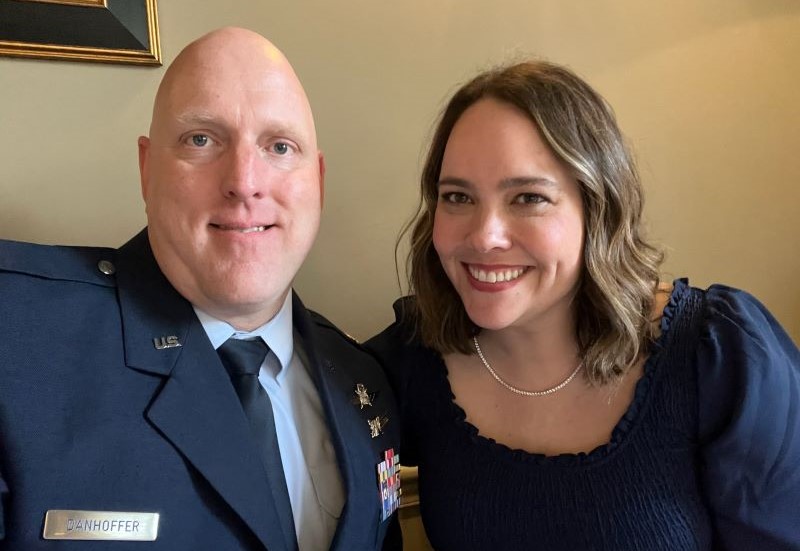How we’re making life easier for military spouses
 In November we celebrate veterans – and we also celebrate the families that make their service possible. I’m proud that the Department of Labor recognizes the contributions and sacrifices of military families and works to alleviate the challenges they face.
In November we celebrate veterans – and we also celebrate the families that make their service possible. I’m proud that the Department of Labor recognizes the contributions and sacrifices of military families and works to alleviate the challenges they face.
As the wife of an Air Force veteran who just retired after 20 years of service, I can speak firsthand to some of these challenges, especially in the area of employment. When my husband was assigned to a post abroad four years ago, I had to leave a job I loved and start over in a new country. Later, when we returned to the United States, I faced another difficult employment transition. I’m grateful to have landed at the Women’s Bureau, where I can use my experience as a military spouse to inform policy and programming to make these transitions a little less burdensome for others.
Through our data and research analysis, grantee partnerships and event programming, the Women’s Bureau is creating pathways into good jobs for all, including military spouses. An upcoming webinar of note: On November 22, we’ll be speaking with the Hampton Roads Workforce Council, a 2022 Women in Apprenticeship and Nontraditional Occupations (WANTO) grantee, about best practices for connecting women veterans and military spouses with great employment options.
There are nearly 580,000 military spouses – 90% of them women – whose career opportunities, like mine, have depended on their spouses’ duty stations. Our 21% civilian unemployment rate is significantly higher than the 4% national average. Many of us are underemployed, working in roles that don’t match our skills, training or experience, because the frequent relocations that come with marriage to a service member make it difficult to secure stable work. The employment gaps that can result from frequent moves can lead to income instability, stalled career growth and a sense of professional frustration.
Even for those of us able to find work, securing affordable, high-quality child care remains an ongoing struggle. Military families often move to areas where they have no personal support network, and while military bases offer some childcare resources, they can be limited. Long waitlists, high demand and restricted hours can make it challenging to find reliable child care that fits our needs, especially for spouses working irregular or part-time hours. And because military spouses are more likely to be underemployed, the costs of traditional daycare or early childhood programs can become prohibitive for military families.
But the situation is improving. The Biden-Harris Administration has taken significant steps to make it easier for military spouses, particularly those employed by the federal government, to overcome these obstacles. Federal employees who are military spouses can now retain their jobs even if their families are stationed in new locations, enabling greater stability for both their careers and families.
Additionally, as of January 2023 it is easier for service members and their spouses to transfer occupational licenses across state lines when they relocate due to military orders. This adjustment is alleviating one of the most common challenges faced by military spouses who work in licensed professions.
This Military Family Appreciation Month, I want to thank all military families for their service and resilience. Let’s keep working to make life a little easier for them. Here are some resources that may be helpful:
- Data on Women Veterans in the Labor Force
- Fact Sheet: Paid Leave For Military Families By State
- Webinar: New Developments in Occupational Licensing Portability for Military Spouses
Anne Danhoffer is a Senior Advisor in the U.S. Department of Labor’s Women’s Bureau.
Holloway.Loryn…
Mon, 11/25/2024 – 07:52



Comments are closed.